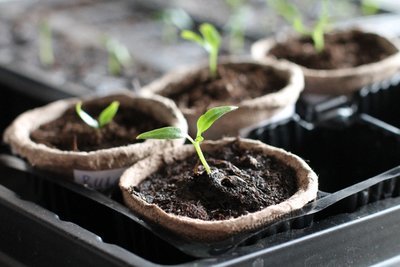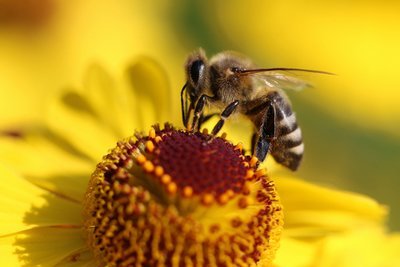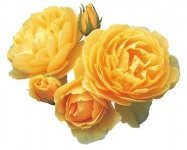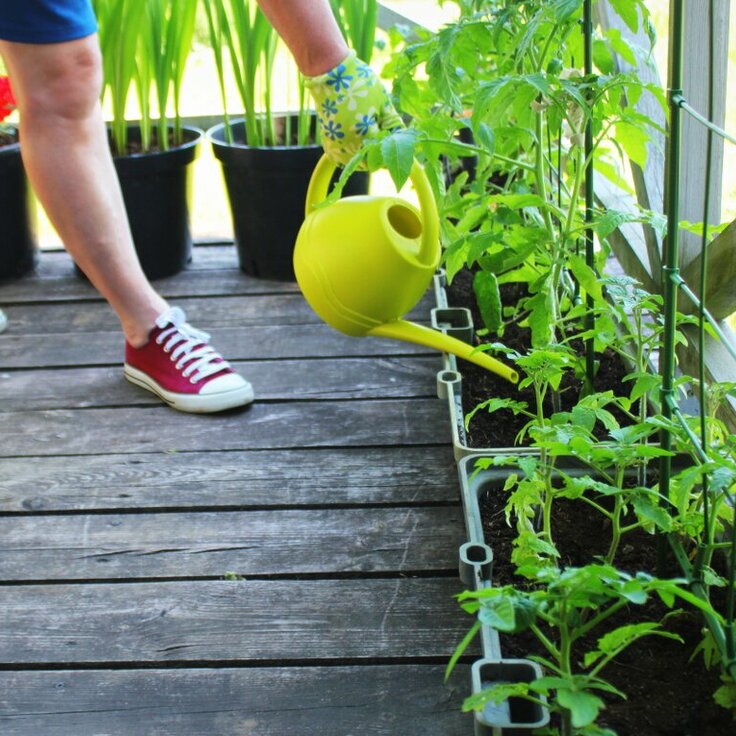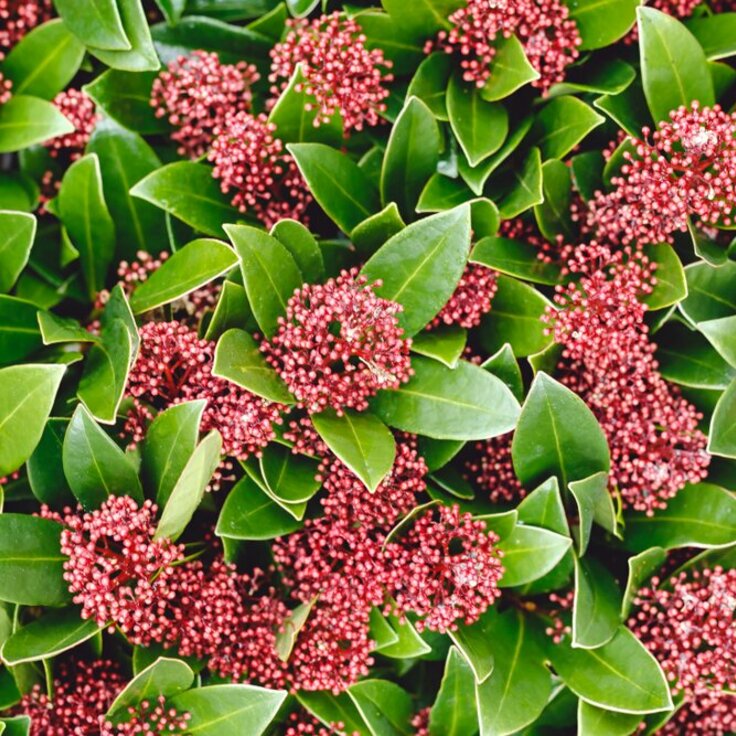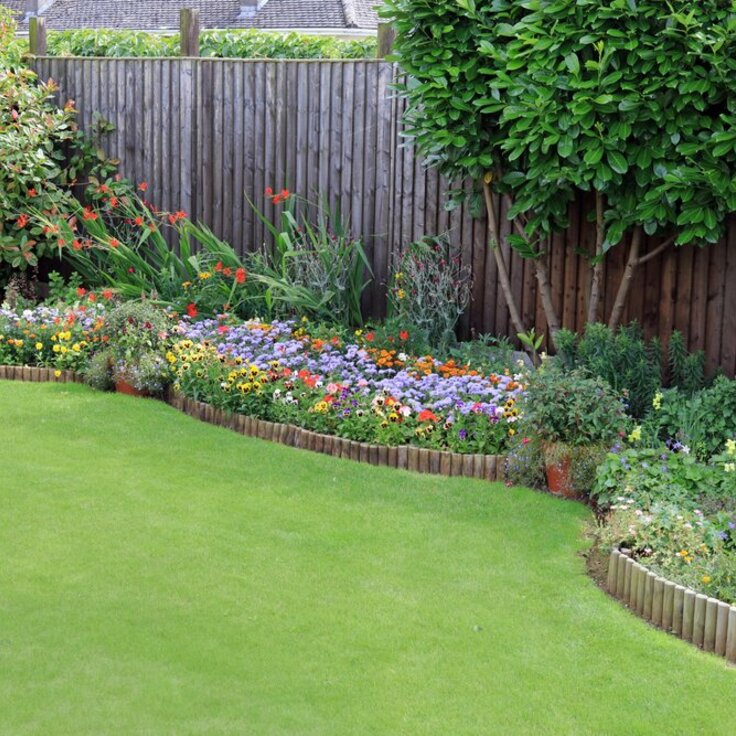‘Killing slugs is necessary’ says academic
Gardeners should stop feeling guilty about killing slugs and admit that it has to be done to enjoy their gardens. Geographer Dr Franklin Ginn of the University of Edinburgh told the International Conference of the Royal Geographical Society in London that killing some of the millions of slugs that infest our gardens every year was the ‘nasty side’ of gardening that people did not want to talk about.
As part of a project looking at the history of the British love of gardens, he found that although everybody had their favourite way of killing slugs, most people felt ashamed of doing so.
Older people were less fastidious about killing slugs than younger.
Those who really did not want to have a hand in killing, introduced frogs into their gardens to do the work for them.
“Killing is necessary”, said Dr Ginn, “but it should be done with respect even for something as disgusting as a slug.”
He added: “Killing is reasonable and unavoidable for gardeners. Killing slugs, squirrels and rabbits is ethically defensible. It’s more of a question of how you do it. If gardeners were upfront about how they kill, and learnt from the likes of Hugh Fearnley Whittingstall, who raises animals then kills them himself, it would make things clearer.”
Dr Ginn said Brits should be proud of the nation’s animal rights movement – but added: “This is less to do with giving animals abstract rights and more to do with the relations we have with the earth. “Gardeners make a decision about what is allowed in the gardens. Gardeners I spoke to were reluctant to talk about killing animals in their gardens. People feel guilty about killing slugs, though older people were less apologetic.
“Younger people who were ‘greener’ were more confused even if they used environmentally friendly ways of killing slugs because they felt they were not supposed to kill stuff. Gardeners should be proud of the way they kill animals rather than trying to hide it. The main thing is that it is always done for a specific purpose to protect a certain kind of plant.”

